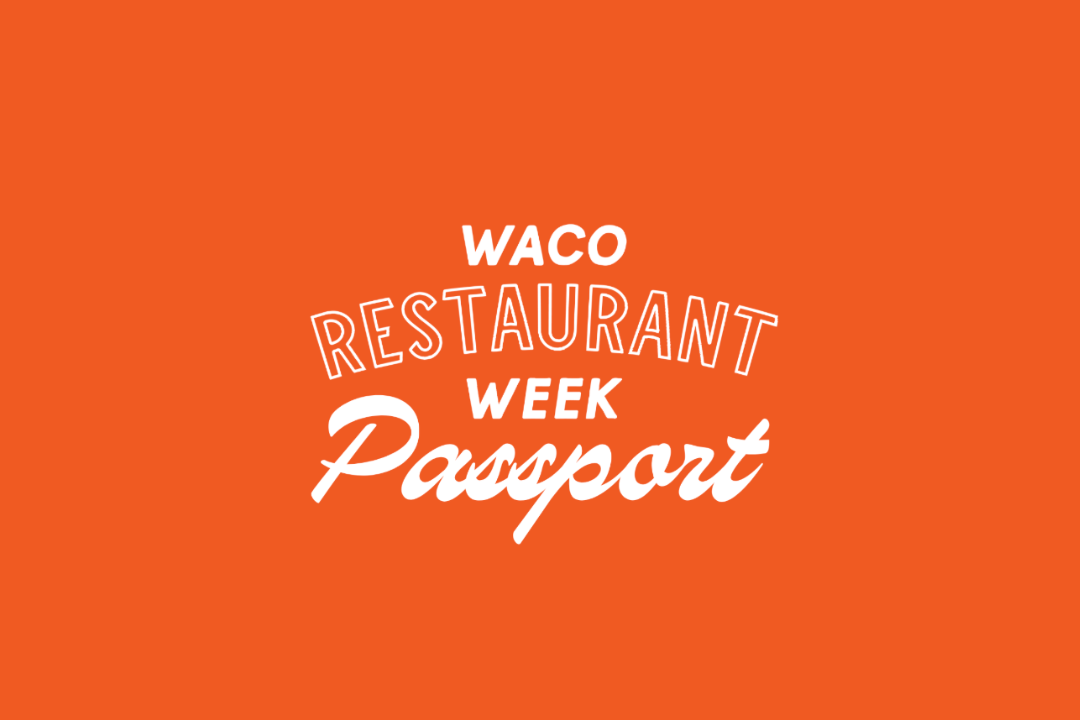Turning the Tide for UK DMO’s: How Bandwango Delivers Immediate ROI for UK Destinations
.png)
Across the UK, I’ve been meeting incredible DMO teams – people who care deeply about their destinations, who are passionate about local businesses, and who genuinely want to make a difference. Their energy is contagious, and their drive to create meaningful impact for councils, partners, and visitors is inspiring.
The challenge? Even the most motivated teams face persistent hurdles that make it hard to turn that passion into measurable results. To unlock real impact, it helps to first understand the key problems that are holding UK DMOs back.
Problem 1: Funding Models Demand Real ROI
Unlike many US DMOs funded by hotel tax, most UK destinations rely on council budgets and business memberships – meaning every pound spent has to prove its worth.
Promotional campaigns alone aren’t enough anymore. The future of destination marketing is about revenue-generating, sustainable experiences: paid passes, unique local activities, programs that build lasting connections with visitors, and initiatives that create mutual benefit for both members and travelers. These kinds of programs don’t just inspire tourism; they create ongoing, measurable income for DMOs and their local partners, turning investment into tangible impact.
Problem 2: Visitors Don’t Stay Long Enough
The UK’s national tourism strategy emphasizes longer stays, deeper exploration, and higher local spend but many destinations are still seeing mostly day-trippers. That means missed opportunities for hotels, restaurants, and attractions, and limited economic impact for the destination overall.
To change this, DMOs need experiences that pull visitors beyond the usual sights, spark curiosity about hidden gems, and give travelers real reasons to linger. When done right, these experiences drive overnight stays, increase spending, and strengthen connections between visitors and the local community, turning a short visit into a lasting memory and measurable benefit for all stakeholders.
Problem 3: No Clear Way to Track Impact or Attribution
Most DMOs still struggle to prove exactly who engaged with a campaign, where they went, and what results it produced.
Without location-level attribution – tying visitor activity to specific businesses, times, or days – it’s nearly impossible to demonstrate ROI to councils, boards, or members. Even strong campaigns can lose credibility without the data to back them up.
Bandwango’s digital passes solve that by tracking visitor engagement in real time, capturing when and where visitors check in, how they move through the destination, and which promotions truly drive foot traffic.
Problem 4: Members Asking for Proof of Value
For DMOs funded by local businesses, it’s not enough to “promote the destination.” Restaurants, retailers, and hoteliers are asking: What did my membership buy me?
Without real data on visitor check-ins and redemptions, it’s hard to show that marketing is driving measurable results. With Bandwango, destinations can give members live dashboards showing engagement and impact, making renewals, upsells, and new member recruitment far easier.
Problem 5: Anonymous Visitors Mean Missed Opportunities
Many DMO websites attract thousands of visitors every month but most of them leave without a trace. No email. No name. No way to reach them again.
That means every marketing campaign, social post, and website click is a one-time interaction instead of the start of a relationship. Without first-party visitor data, DMOs can’t remarket, nurture loyalty, or inspire repeat visits; and that’s where long-term impact is lost.
Turning anonymous web traffic into identifiable, engaged visitors isn’t just a marketing tactic; it’s the foundation for sustainable tourism growth. The more you know about who’s coming, the easier it is to deliver the experiences, offers, and itineraries that bring them back again and again.
How UK Destinations Are Already Leading the Way
Taste of Worcestershire drew thousands of participants through a locally powered food and drink trail, helping businesses see immediate benefit and strengthening the county’s culinary reputation.
The New Forest turned its old paper-based savings card into a fully digital, instantly updatable pass, allowing new restaurants and venues to be added in seconds. This modern approach cut down manual admin time, improved partner visibility, and gave the DMO valuable visitor data to prove impact.
Leeds used a digital pass to highlight its vibrant Street Art Trail, creating a sense of connection between art, community, and tourism.
Visit Brighton’s Off the Beaten Track Pass, launched in partnership with Bandwango at the Simpleview Summit, brought local discovery to life through quiz-style check-ins that encouraged visitors to explore lesser-known spots around the city.
These programs share one common thread: they make tourism measurable, sustainable, and rewarding both for the visitor and the DMO.
The Future of UK Tourism Is Closer Than It Looks
Even as some UK DMOs face funding pressures or consolidation, the industry’s passion and creativity remain unstoppable. Destinations are experimenting, collaborating, and learning faster than ever.
With the right digital tools, UK destinations can start capturing value today by tracking engagement, generating revenue, and demonstrating real-world ROI.
Bandwango makes that shift easy.
We help destinations:
- Extend visitor stays and promote slow tourism
- Capture visitor data for remarketing
- Prove impact through measurable attribution
- Deliver ROI for councils, partners, and members alike
Ready to Show – Not Just Tell – Your Impact?
Bandwango helps destinations turn inspiration into measurable results.
Explore how UK destinations like Worcestershire, Brighton, Leeds, South Wales and The New Forest are transforming tourism with digital passes that deliver value every single day.
Learn more at bandwango.com/demo or contact jay@bandwango.com to talk UK DMO strategy.


.png)

.png)
.png)
.png)
.png)
.png)
.png)
.png)
.png)
.png)
.png)
.png)
.png)
.png)
.png)



.png)
.png)







.png)


.png)
.png)





-min.jpg)















%20(2).png)


.png)
.png)


.png)




































